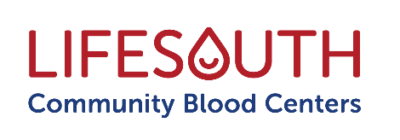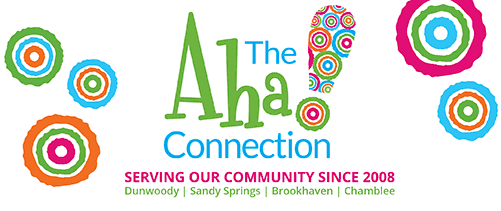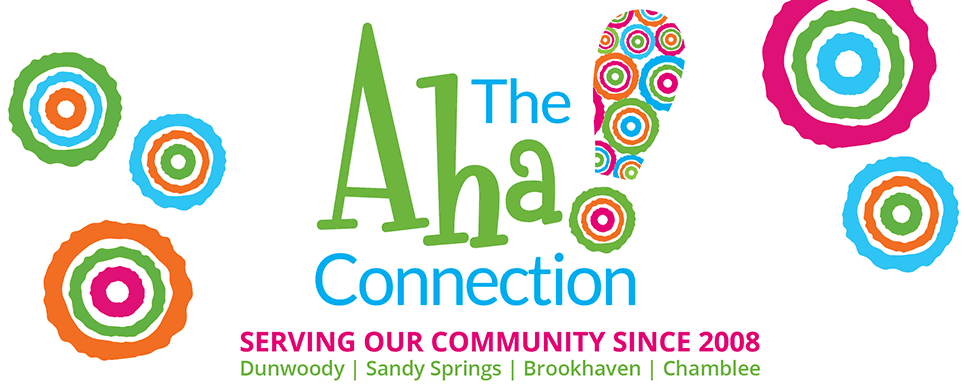 LifeSouth asks those who have recovered from COVID-19 to help save lives by donating convalescent plasma. The need for convalescent plasma has increased 500% since the organization started collecting plasma from recovered patients in April and continues to rise as the virus spreads.
LifeSouth asks those who have recovered from COVID-19 to help save lives by donating convalescent plasma. The need for convalescent plasma has increased 500% since the organization started collecting plasma from recovered patients in April and continues to rise as the virus spreads.
According to the U.S. Department of Health and Human Services, “the plasma of individuals who have recovered from an infection like COVID-19 may contain antibodies made by the immune system that can neutralize or kill the virus. Convalescent plasma therapy provides antibodies from those who have recovered from the virus to people who have recently contracted the virus so they may be better able to fight it off.”
LifeSouth is testing all blood donors for COVID-19 antibodies in search of donors who could also donate convalescent plasma. Healthy blood donors who may have been exposed to the virus or recovered from COVID-19 are asked to donate. As part of the normal blood donation process, a test will be performed on the donor’s blood to determine if antibodies are present in the plasma.
Convalescent plasma donors must be fully recovered from COVID-19 and symptom free for two weeks before coming to LifeSouth to donate.
In addition to convalescent plasma donors, all blood types — especially type O — are needed as blood drive cancellations at schools, universities and businesses due to COVID-19 continue to impact the local blood supply. Now is a great time to visit a LifeSouth bloodmobile or donor center, where regimented cleaning and safety precautions are in place to protect the health of blood donors and staff.
To donate blood or convalescent plasma, visit www.lifesouth.org or call 888-795-2707 to schedule an appointment.
About LifeSouth:
LifeSouth is a non-profit community blood bank serving more than 100 hospitals in Alabama, Florida and Georgia. LifeSouth is committed to meeting the blood supply needs of hospitals and their patients by providing the highest quality blood components and services. The LifeSouth team is dedicated to making sure the blood is there when a patient is in need. To learn more, visit LifeSouth.org.






